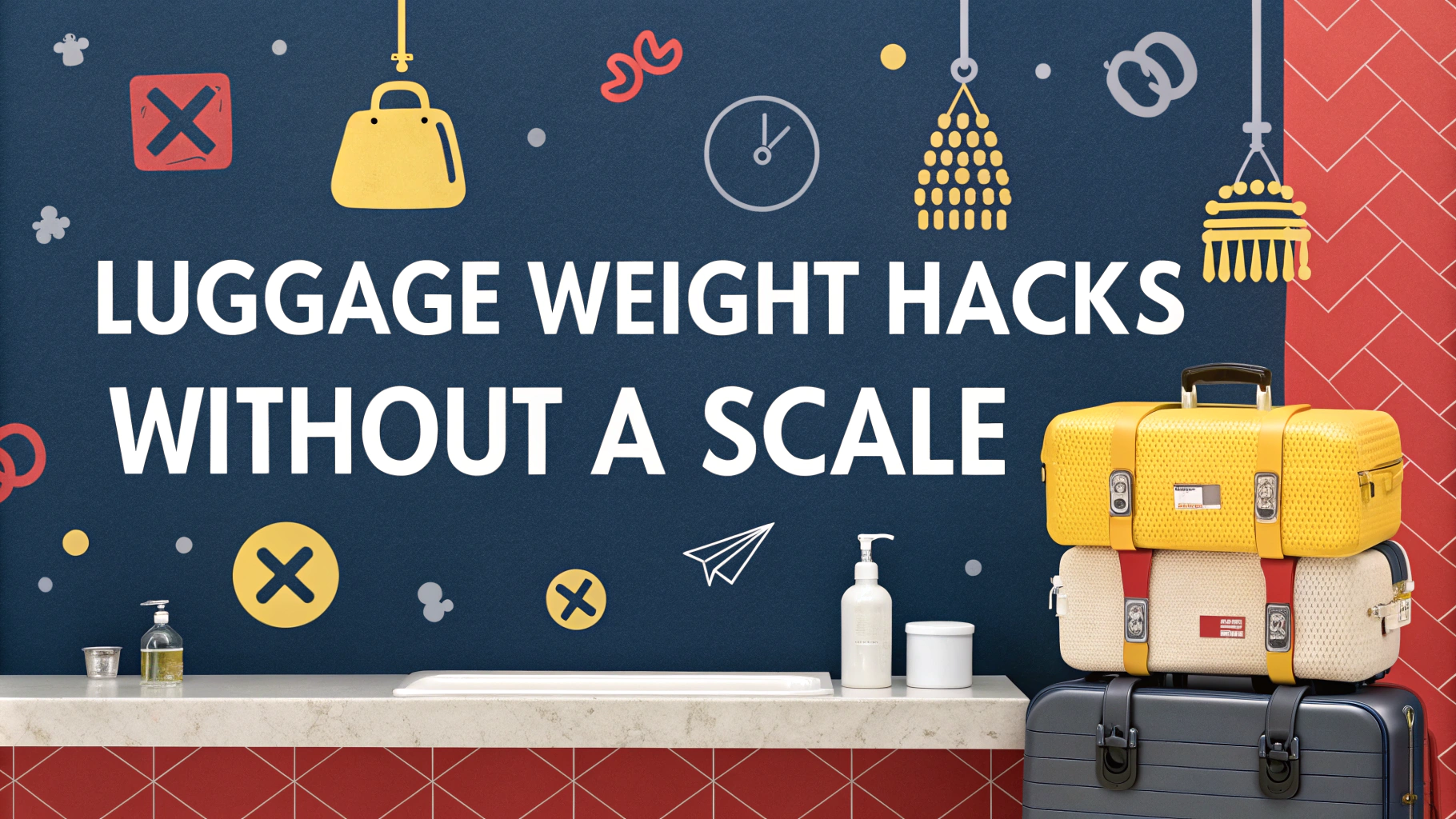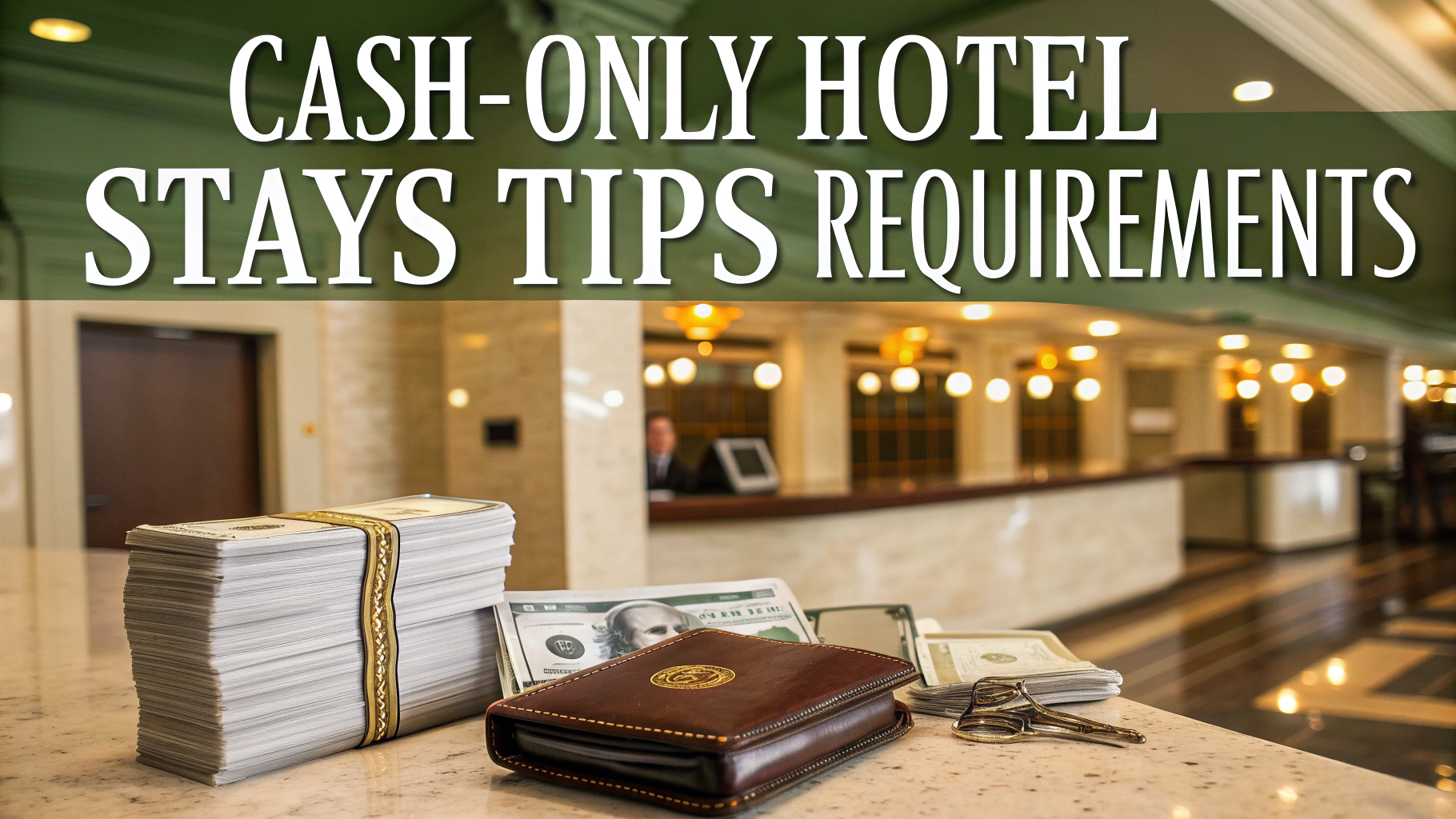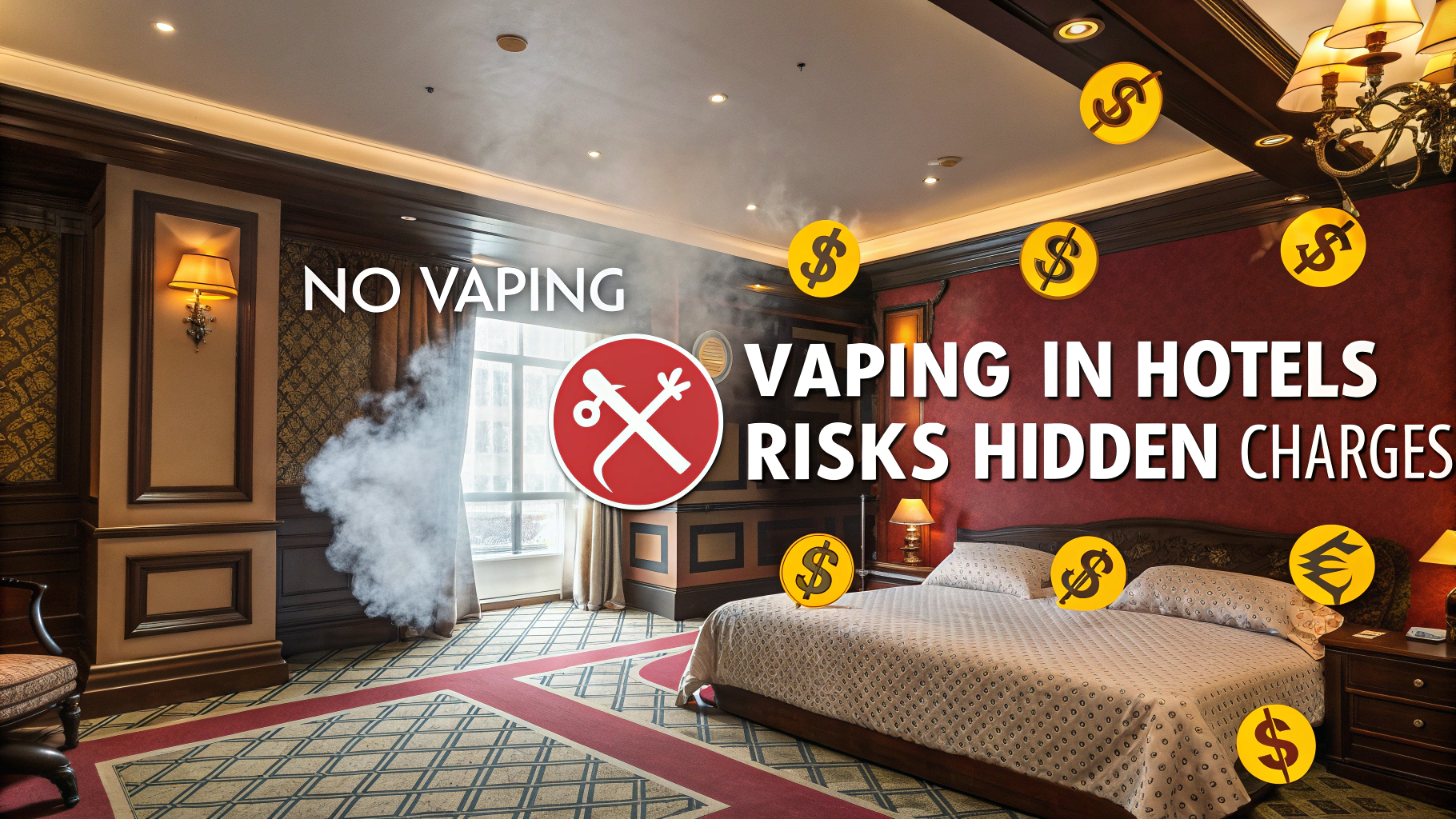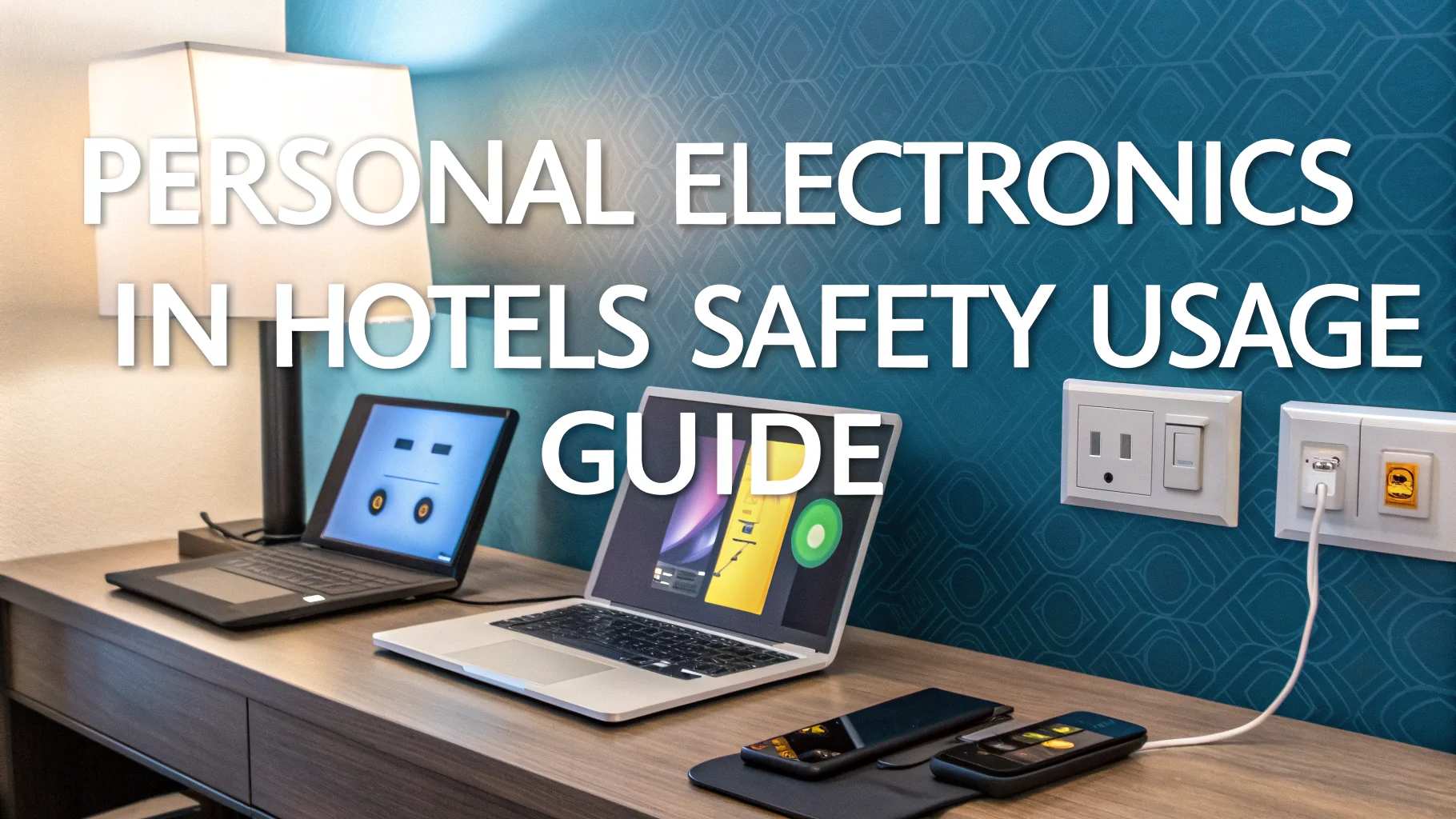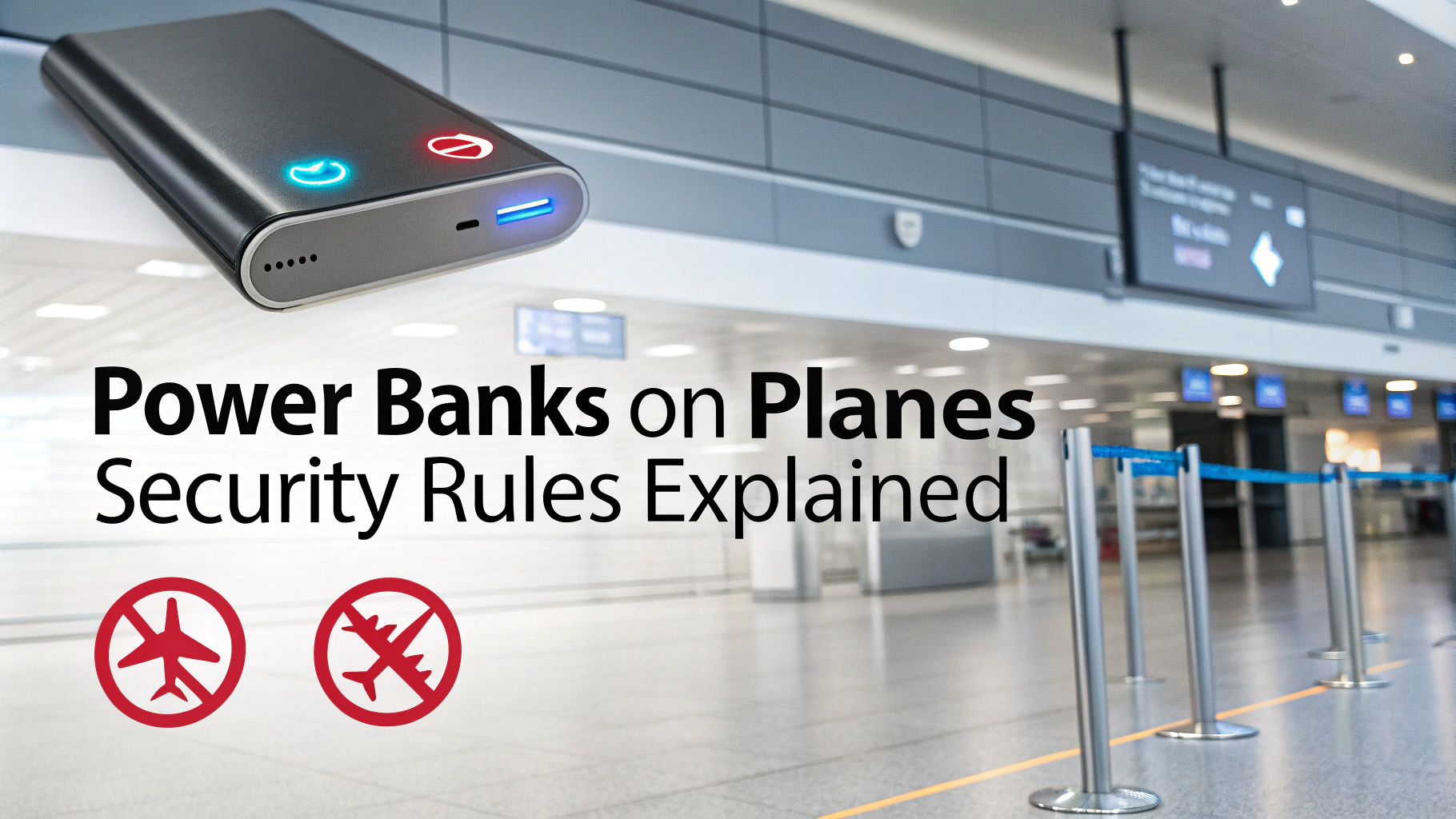Booking a hotel with cash can be challenging but remains possible at many properties across the United States.
Most hotels that accept cash usually require a credit card for incidental charges and to secure the reservation, even if you plan to pay the final bill in cash.
Basic Requirements for Cash Payments at Hotels
- Valid government-issued photo ID
- Cash deposit (typically $50-200 per night)
- Proof of address (utility bill or bank statement)
- Additional security deposit for incidentals
Hotel Chains Known to Accept Cash
- Choice Hotels (Quality Inn, Comfort Inn)
- Motel 6
- Red Roof Inn
- Some independent motels and hotels
Always call the specific location ahead of time to confirm their cash payment policies.
Tips for Cash-Only Hotel Stays
- Book directly with the hotel instead of using third-party websites
- Arrive early in the day when managers are typically on duty
- Bring extra cash for unexpected fees or deposits
- Keep all receipts until after check-out
- Take photos of the room condition at check-in
Alternative Payment Options
- Prepaid credit cards (some hotels accept these)
- Money orders
- Traveler’s checks (less common but still accepted at some locations)
The deposit amount typically gets returned upon checkout after room inspection.
Common Cash Payment Restrictions
- No advance reservations without a credit card
- Limited to walk-in bookings only
- Higher deposit requirements
- Restricted room types or floors
Contact Information
| Hotel Chain | Reservations Number |
|---|---|
| Choice Hotels | 1-800-424-6423 |
| Motel 6 | 1-800-466-8356 |
| Red Roof Inn | 1-800-733-7663 |
Consider joining hotel loyalty programs as they might offer more flexible payment options for regular guests.
Documentation Checklist
- ✓ Government-issued photo ID
- ✓ Recent utility bill or bank statement
- ✓ Cash for room charges
- ✓ Extra cash for security deposit
- ✓ Secondary form of ID (recommended)
Making Your Reservation
- Call the hotel directly during business hours
- Ask specifically about their cash payment policies
- Get the name of the staff member you spoke with
- Request written confirmation of cash acceptance policy
- Confirm all required deposits and documentation
During Your Stay
Check-in Process
- Allow extra time for payment processing
- Request itemized receipt for deposits
- Review all hotel policies carefully
- Document any existing room damage
Room Services
- Keep track of all additional charges
- Maintain sufficient cash for extras
- Save all transaction receipts
Check-out Procedures
- Request room inspection before departure
- Allow extra time for deposit refund processing
- Get written confirmation of deposit return
- Keep contact information for follow-up
Conclusion
While paying for hotels with cash requires additional planning and documentation, it remains a viable option for travelers. Success depends on thorough preparation, clear communication with hotel staff, and careful attention to property requirements. Always maintain proper documentation and arrive prepared with necessary deposits to ensure a smooth check-in process.
Remember that policies vary by location and can change without notice, making it essential to verify requirements directly with your chosen property before arrival.
FAQs
- Which hotels typically accept cash payments?
Budget hotels, motels, and some mid-range hotels usually accept cash payments. Luxury hotels and major chains generally require a credit card. - What documents do I need to book a hotel room with cash?
Valid government-issued photo ID, proof of address, and in most cases, a cash security deposit. Some hotels may also require employment verification. - How much extra should I expect to pay as a security deposit when paying cash?
Security deposits typically range from $50 to $200, depending on the hotel’s policy and room rate. This is refundable upon checkout if there are no damages. - Can I make advance reservations at hotels when paying cash?
Most hotels require a credit card for advance reservations. Cash payments are typically only accepted at check-in for same-day stays. - What are the check-in time requirements for cash-paying guests?
Cash-paying guests often need to arrive earlier than standard check-in times to allow for additional verification processes and deposit handling. - Are room service and other amenities available when paying cash?
Many hotels restrict room service and pay-per-view services for cash-paying guests, requiring pre-payment for these services. - How can I ensure my cash deposit is properly documented?
Always request a detailed receipt specifying the deposit amount, date, and refund conditions. Take photos of room conditions at check-in. - What’s the typical check-out process for cash-paying guests?
Room inspection is required before deposit refund. Allow extra time at checkout for staff to verify room condition and process cash refund. - Are there any restrictions on room types for cash payments?
Some hotels limit cash-paying guests to standard rooms only, excluding suites or premium rooms that typically require credit card guarantees. - How long does it take to get my security deposit back when paying cash?
Cash security deposits are typically returned immediately after room inspection at checkout, assuming no damages or additional charges are found.

